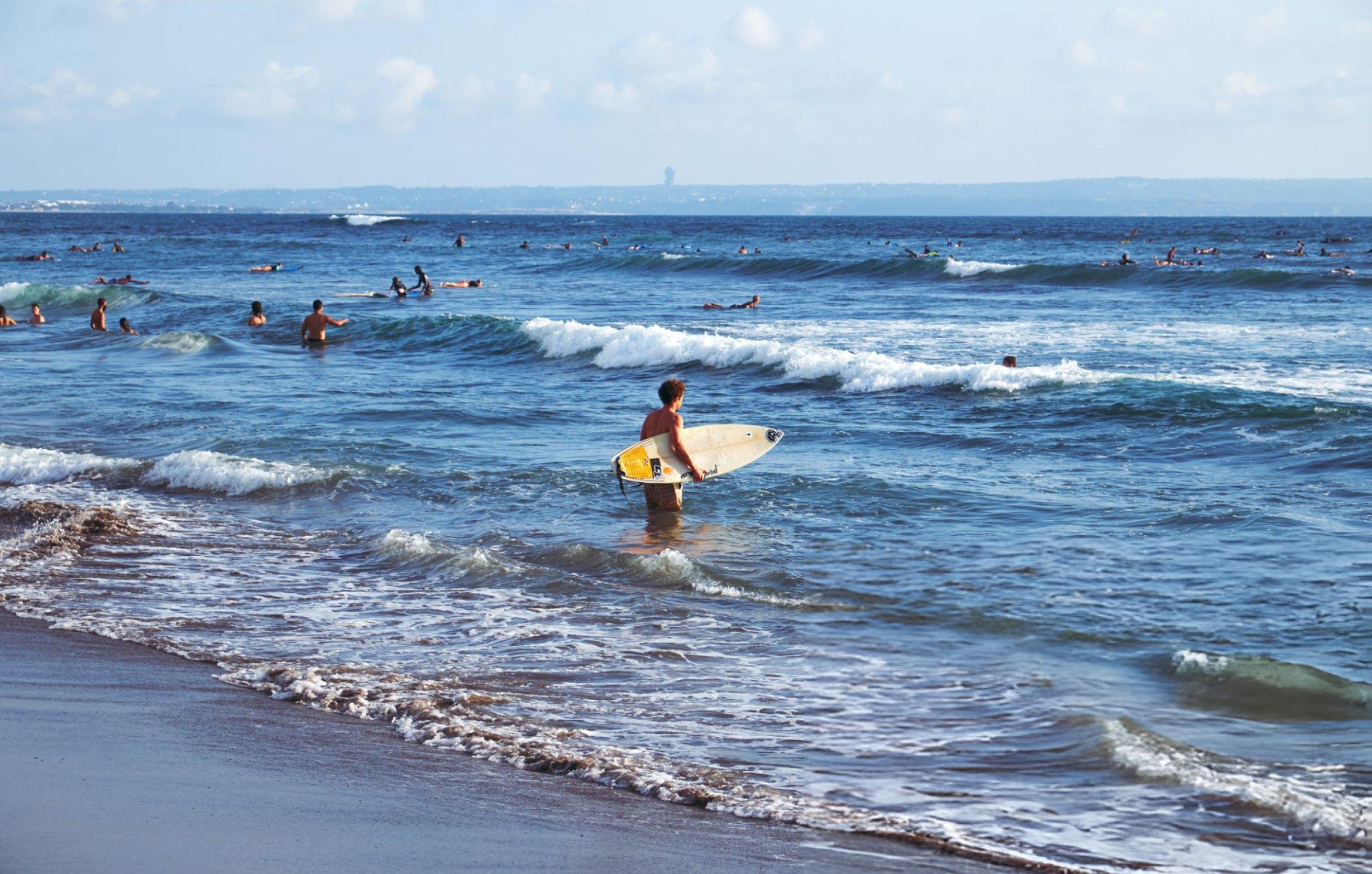02 July 2025
Canggu vs. Ubud: Choosing the Bali Hub That Matches Your Investment Style
4 Minutes Read
Bali has long attracted global investors, but not all areas on the island serve the same kind of return or vibe. Among the top contenders for property investment are Canggu and Ubud, two regions offering distinctly different experiences, income potentials, and guest demographics.

Let’s break down both regions from lifestyle appeal to occupancy rates, and discover which one truly aligns with your investment mindset.
Canggu and Ubud at a Glance
On the surface, these two locations seem worlds apart in terms of atmosphere and pace.
- Canggu stretches across the southwest coastline of Bali and is home to popular surfing spots such as Echo Beach and Batu Bolong. Today, it’s a cosmopolitan village with chic cafes, international restaurants, and vibrant nightlife, ideal for travelers needing convenience, connection, and coastal living.
- Ubud, located inland amid lush greenery, presents an entirely different scene. The town pulses with cultural energy, traditional dance performances, art markets, yoga studios, and serene rice terraces. It attracts visitors hoping to unwind, reconnect, and deep into Balinese heritage.
If you want beach vibes and fast-paced booking cycles, Canggu may be your best choice. If you envision meaningful stays, steady bookings from wellness travelers, and a peaceful retreat atmosphere, Ubud could be the better home for your investment.
Lifestyle and Investment Match

- Canggu exudes a buzzing, dynamic energy. It’s a playground for surfers, creatives, and remote professionals, perfect for short-stay vacation rentals and Airbnb-style properties. The combination of trendy hangouts, beaches, and coworking spots means guests rarely feel bored.
- Ubud emphasizes tranquility and tradition. Its appeal lies in quiet mornings in rice fields, yoga and wellness programs, and cultural festivals. Properties here work best with longer-stay guests who appreciate space, calm, and deeper experiences, think boutique wellness villas or cultural concierge services.
For investors who love the ideal of rapid bookings, frequent guest turnover, and city-style energy, Canggu offers clear advantages. Meanwhile, Ubud suits those who prefer purposeful stays, niche markets, and slower but steady growth.
Rental Income and Occupancy Trends
The vibe of a location play a huge role in its profitability:
- Canggu villas commonly see over 80% occupancy, with nightly rates ranging from USD $150-$600+, yielding annual rental returns of 8-12%.
- Ubud properties generally operate at 50-70% occupancy, with more moderate rates (USD $100-$300). Although slower, Ubud benefits from niche markets like wellness retreats and digital nomads willing to stay weeks or months.
Luxury or eco-conscious villas in Ubud tend to sustain consistent bookings even in low season, while Canggu properties earn higher returns during peak season. Choose Canggu if you are aiming for high earnings during Bali’s busiest travel months and want a dynamic, fast-paced market experience. Opt for Ubud for steady, resilient performance across all seasons.
Risks and Development Considerations
All locations have trade-offs:
- Canggu’s rapid development has led to traffic bottlenecks, concerns over green space loss, and stretched utilities. Future regulation is possible to curb over-development.
- Ubud faces zoning regulations, protection of heritage areas, and stricter permit processes. Wellness saturation is a risk, though slower expansion means opportunities for well-positioned investments.
Weigh Canggu for dynamic, high-demand environments (but watch infrastructure and regulatory risk). Choose Ubud if you prefer controlled growth and cultural safeguards.
So, Which Area Matches Your Investment Personality?
When it comes to choosing between Canggu and Ubud, the decision should reflect your goals and style as an investor. If you are drawn to fast-paced growth, a strong short-term rental market, and a vibrant lifestyle that appeals to digital nomads and younger travelers, Canggu is likely your match. It’s ideal for investors who are ready to capitalize on Bali’s evolving modern tourism and aren’t afraid of higher competition or faster turnover.
On the other hand, if your investment personality leans toward stability, long-term vision, and properties that appreciate value through tranquility, wellness, and cultural appeal, then Ubud might be your better choice. It’s a place where rental income may be steadier over longer periods, and you’re tapping into a demographic that values peace and authenticity.
Each area holds great potential, the best choice depends on what kind of investor you are, and how hands-on you want to be. So, whether you lean toward Canggu’s social beachfront life or Ubud’s peaceful cultural retreat, aligning your investment with your personality leads to smarter decisions. With Koskaki’s assistance, from market selection to guest experiences, you can build the right property in the perfect Balinese hub. Start your investment journey today at Koskaki, now!
Share This Article to :